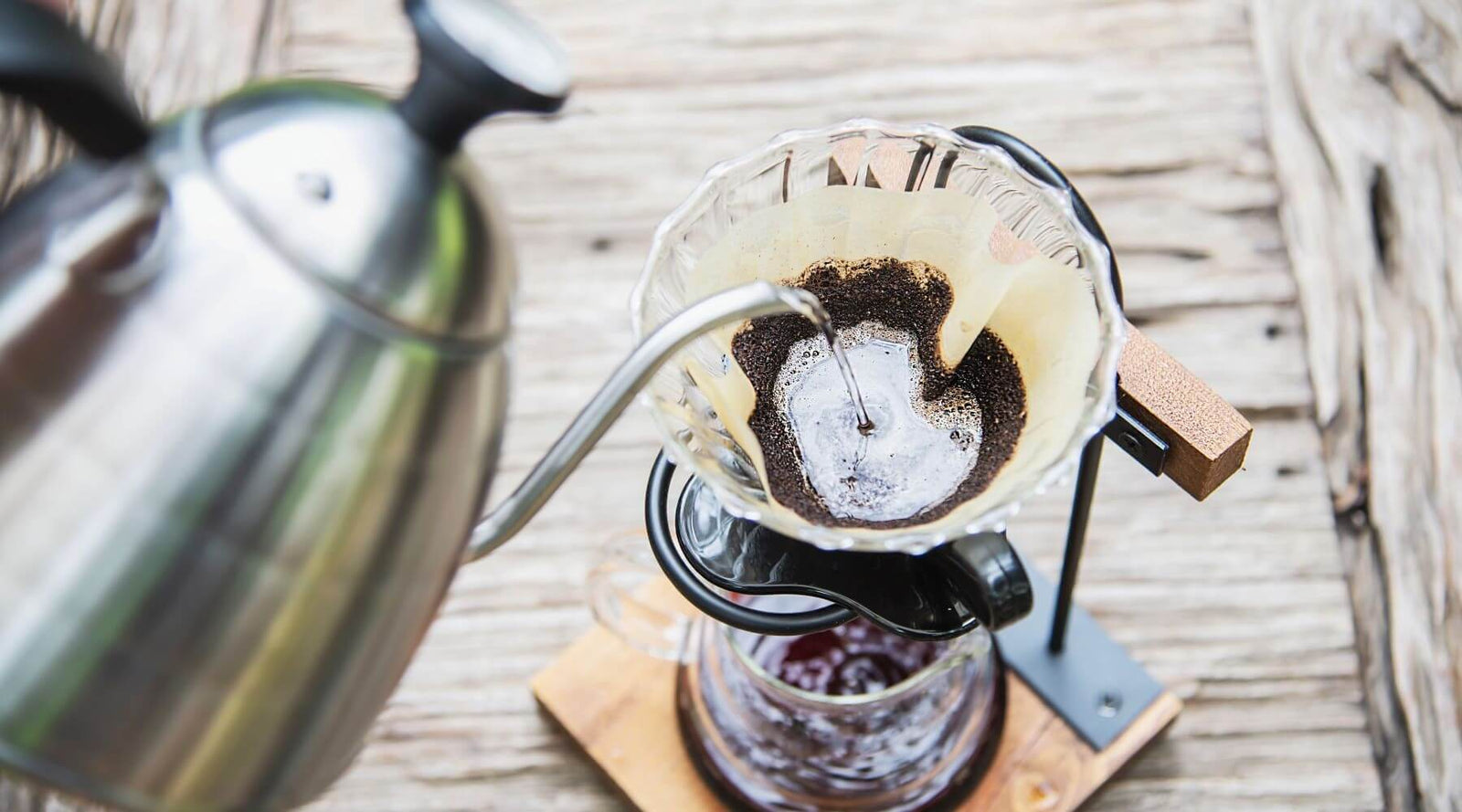ENJOY 40% DISCOUNTS WHILE SUPPLIES LAST
ENJOY 40% DISCOUNTS WHILE SUPPLIES LAST
Shopping
A column with no settings can be used as a spacer
Link to your collections, sales and even external links
Add up to five columns
Mega Menu Col 1
A column with no settings can be used as a spacer
Link to your collections, sales and even external links
Add up to five columns

How to Fix Bitter Coffee: A Guide with Coast Roast Organic Coffee
September 19, 2025 3 min read
Few things are more disappointing than waking up for a cup of coffee, only to discover it tastes harsh or bitter. The good news is, bitterness in coffee usually comes down to a few fixable factors. With the right adjustments, you can turn that sharp cup into a smooth, flavorful experience every time. Here’s how to troubleshoot and improve your brew, especially when using Coast Roast Organic Coffee.
Why Does Coffee Taste Bitter?
Bitterness in coffee often comes from:
- Over-extraction (brewing too long or too fine a grind)
- Water that's too hot
- Using stale or low-qualtiy coffee beans
- Too much coffee for the amount of water
- Cleanliness of equipment
Instead of settling for a harsh cup, understanding the cause will help you make small changes that deliver an enjoyable, well-balanced flavor.
5 Ways to Fix Bitter Coffee at Home
1. Start With Fresh, High-Quality Beans
Not all coffee is created equal. Old or low-grade beans are one of the biggest culprits of bitterness. Always choose whole bean coffee like Coast Roast Organic Coffee, which is specialty-grade, shade-grown, and roasted in small batches for optimal flavor. Grind only what you need just before brewing for the freshest taste.
Pro tip: Store your beans in an airtight canister to preserve freshness and reduce bitterness. Learn more by reading our post about coffee storage.
2. Adjust Your Grind Size & Amount of Beans
If your grind is too fine, water extracts more compounds than necessary, leading to bitterness. For drip coffee, aim for a medium grind; for French press, go coarser. A burr grinder gives you consistent results and helps reduce over-extraction.
Also, watch your coffee-to-water ratio. Adding too much coffee can make your brew too strong and bitter. Try slightly reducing the amount of coffee grounds but don't go too far with your adjustments. For best results, consider using a kitchen scale to measure your coffee and water like a pro
3. Watch Your Brew Time
Coffee gets its flavor from steeping in hot water. Brewing too long can pull bitter compounds out from the beans. As a rule of thumb:
- Drip machine: 4–5 minutes
- French press: 4 minutes
- Pour-over: 3–4 minutes
If your coffee consistently tastes sharp, experiment with shorter brew times.
4. Check Your Water Temperature
Water that’s too hot scorches coffee grounds, creating bitterness. Boiling water (212°F) is actually too hot. The sweet spot is 195–205°F (just off the boil). No thermometer? Just let boiling water rest for about 30 seconds before pouring.
5. Keep Your Equipment Clean
Coffee oils and residue build up in brewers and grinders, becoming rancid over time. Regularly wash your coffee maker, French press, grinder, and filters to keep flavors fresh and clean.
Bonus Tip: Smooth Out Bitter Coffee
If your brew still tastes a little bitter, adding organic milk or a plant-based creamer can balance the flavor. Even a tiny pinch of salt in the grounds before brewing is an old barista trick to mellow bitterness.
The Coast Roast Difference
Coast Roast Organic Coffee offers only certified organic, specialty-grade whole beans,. Our coffee has a naturally rich taste that stands out. From the citrusy brightness of Ethiopian Single Origin to the deep, bold character of our French Roast Blend, and the smooth profile of our Swiss Water Decaf, you'll notice the difference compared to mass-market brands.
Pair our beans with proper brewing techniques and airtight storage in our airtight coffee canister, and you’ll keep bitterness at bay from the very start.
Final Thoughts on Avoiding Bitter Coffee
Bitterness doesn’t have to ruin your morning ritual. By starting with Coast Roast Organic Coffee, dialing in your grind size, brew time, and water temperature, you’ll unlock the rich, complex flavors your coffee has to offer. Treat your beans with care, and every sip will be smooth, balanced, and deeply satisfying.

